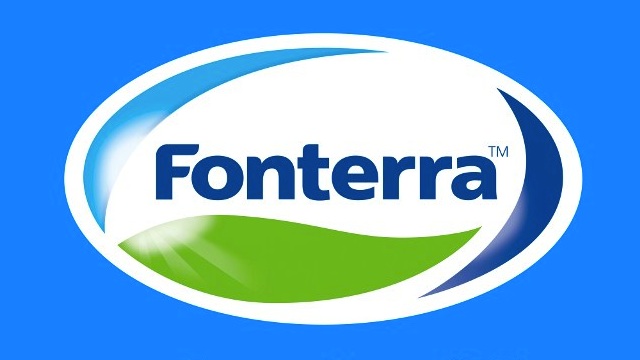SUMMARY
This is AI generated summarization, which may have errors. For context, always refer to the full article.

WELLINGTON, New Zealand – China has blocked all imports of milk powder from New Zealand, a New Zealand minister said Sunday, August 4, after bacteria that can lead to botulism was found in some dairy products.
Trade Minister Tim Groser said the ban was “entirely appropriate” after global dairy giant Fonterra said some exported whey products, including infant formula, may contain bacteria that could lead to the potentially fatal illness.
READ: New Zealand dairy giant issues global botulism alert
China has not officially announced an import ban.
In Beijing, the Food and Drug Administration said it had met officials from 3 companies importing Fonterra products and instructed them to “immediately stop selling and to recall all food products” made with questionable material.
China has increasingly turned abroad for milk powder, including infant formula, after a series of domestic food scandals.
About 95 percent of its milk powder imports in January-March came from New Zealand, according to a government website, raising the prospect of a shortage if the alert continues.
Groser said the situation with Fonterra was “very serious” and the whey protein concentrate had been exported to Australia, China, Malaysia, Saudi Arabia, Thailand and Vietnam.
“The authorities in China, in my opinion absolutely appropriately, have stopped all imports of New Zealand milk powders from Australia and New Zealand,” Groser said on Television New Zealand’s Q&A program.
“It’s entirely appropriate they should have done that. It’s better to do blanket protection for your people then wind it back when we, our authorities, are in a position to give them the confidence and advice that they need.”
Groser said New Zealand was working closely with China and other authorities. “The trade issues are not just about China,” he said.
Russia’s Ria Novosti news agency reported Moscow was “recalling Fonterra’s products, including infant formula and advised Russian consumers not to buy the company’s other products”.
Danone Dumex Malaysia said it had ordered “a precautionary recall” of specific batches of milk formula for infants and young children, but tests had so far not shown any contamination.
Fonterra has revealed that three batches of whey product, which is used to make infant formula and sports drinks, have been found to contain the toxic bacteria Clostridium botulinum, which can cause botulism.
There have been no reports of any illness linked to consumption of the affected whey protein. It was made in May last year, although the contamination was only confirmed in tests last week.
The symptoms of botulism include nausea, vomiting and diarrhea, followed by paralysis, and it can be fatal if not treated.
Dairy exports are New Zealand’s major earner and its products are particularly popular in Asia, where they are considered the gold standard.
According to government data the dairy industry contributes 2.8 percent to New Zealand’s GDP and about 25 percent of its exports. It is worth NZ$10.4 billion (US$8.1 billion) annually.
Fonterra, the world’s largest dairy exporter, reported revenues of NZ$19.8 billion ($15.5 billion) in the 2012 financial year.
Chinese demand for foreign supplies has surged since 2008 when milk tainted with the chemical melamine left 6 children dead and more than 300,000 sick.
Hong Kong has seen so many mainlanders stocking up that in March it threatened up to a HK$500,000 ($64,000) fine and 2 years’ jail time for those taking more than 1.8 kilograms (4 pounds) across the border.- Rappler.com
Add a comment
How does this make you feel?
There are no comments yet. Add your comment to start the conversation.